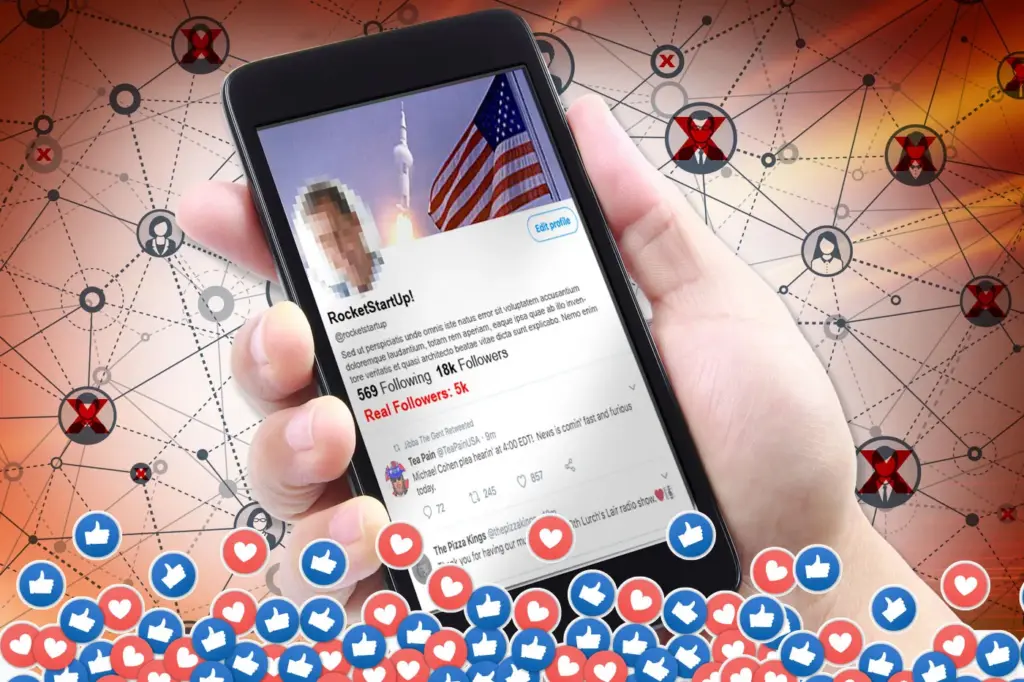The age of polished perfection is fading. A new digital shift is underway, and it is redefining how consumers make decisions, how creators build trust, and how brands earn attention. This shift is known as Deinfluencing 2.0, the second wave of the online movement that challenges overconsumption and calls out the artifice behind social media culture. Unlike its predecessor, this phase is not simply about telling people what not to buy. It is about something deeper: the rise of the Realness Economy, a system where transparency, lived experience, and grounded authenticity carry more value than curated aspirational lifestyles.
In this new era, audiences reward creators who admit flaws, brands who communicate like humans, and leaders who trade polished image for pragmatic honesty. The Realness Economy is setting the tone for global consumer behavior in 2025 and beyond.

The Shift Toward Authentic Consumption
Deinfluencing first emerged in early 2023 when creators began rejecting the cycle of hype-driven consumerism. However, the movement has matured. According to a 2024 Nielsen report, 62 percent of global consumers now say they trust creators who disclose negative reviews just as much as those who give positive ones. This shift signals a broader cultural fatigue with traditional influencing, where aspirational lifestyles overshadow practical value.
The Realness Economy builds on this sentiment. It encourages slower decision-making, long-term thinking, and investment in products that genuinely improve quality of life. In markets like Southeast Asia and the Middle East, this trend is accelerating fastest, reflecting growing demand for practical, sustainable choices. For brands, the winners are those that demonstrate utility over glamour.
Case in point: a South Korean skincare brand grew its market share by 27 percent in 2024 after publicly debunking viral misinformation about its own products. Instead of selling to the algorithm, they sold transparency to the consumer.
Creator Culture Reimagined
As Deinfluencing 2.0 spreads, creators are rethinking their entire model. Short-term brand deals are being replaced by long-term partnerships built on shared values. Creators are shifting from lifestyle curation to lifestyle explanation. They show the behind-the-scenes of their work, the imperfections of their routines, and the products that actually last.
A study from The Influencer Marketing Hub notes that micro-influencers with 10k to 100k followers now outperform mega-influencers by up to 60 percent in engagement. Why? Their perceived realness.
Creators in the Realness Economy succeed because their value lies not in aspiration but in relatability. They are cultural translators, not digital billboards. And audiences are listening.
Brand Strategy in the Realness Era
Brands are undergoing a strategic pivot. In the Realness Economy, the marketing playbook prioritizes:
- Honest product limitations
- Ethical supply chain storytelling
- Community-driven co-creation
- Simplified messaging over polished campaigns
One compelling example is Patagonia’s continued success. Its long-standing commitment to repairing rather than replacing products places it at the heart of this cultural shift. In 2024, the company reported record retention rates attributed to its repair-initiative expansion.
Similarly, B2B sectors are not exempt. Tech companies now highlight transparent roadmaps and customer-verified case studies over sleek promotional videos. HubSpot’s public product changelogs, for instance, saw a 40 percent increase in customer engagement during 2024.
Realness sells because it feels grounded in truth. And truth builds resilience in a volatile market.
Economic Signals Behind the Movement
The Realness Economy is not a cultural trend; it is a measurable economic shift. Analysts from McKinsey forecast that spending on trust-centered offerings including secondhand markets, sustainable goods, and creator-driven product lines will grow to 1.2 trillion dollars globally by 2030.
Three forces fuel the shift:
- Inflation-sensitive consumers who prioritize durability and function.
- Digital maturity that makes audiences more discerning.
- Algorithmic fatigue where users reject overproduced content in favor of grounded storytelling.
This has led to growth in resale platforms, community-led product testing, and transparent business models. In the UAE and Saudi Arabia, for example, the rise of women-led microbusinesses on platforms like TikTok Shop shows how trusted personal narratives drive purchasing.
The numbers tell the story: authenticity has become a measurable asset class.
Technology’s Role in the Realness Revolution
AI-generated content once threatened to flood social platforms with synthetic perfection. But its rise ironically accelerated Deinfluencing 2.0. When everything can be polished, what becomes valuable is what cannot be replicated: personality, honesty, and lived insight.
Platforms are responding. Instagram’s 2025 updates prioritize “authentic engagement” signals, reducing reach for content with low viewer retention despite high production value. TikTok’s Creator Academy now includes modules on ethical reviews and responsible recommendation practices.
Tech is reinforcing a cultural preference for truth. And it is making the Realness Economy not only desirable but inevitable.
What This Means for Entrepreneurs
For founders and business leaders, the Realness Economy opens new opportunities:
- Build products with long-term value, not viral potential
- Prioritize brand honesty even in competitive markets
- Create transparent customer feedback loops
- Empower authentic voices inside your organization
- Use storytelling that reflects genuine customer journeys
The entrepreneurs who thrive will be those who treat trust as infrastructure, not a marketing asset. In a crowded digital world, realness becomes the ultimate differentiator.
Conclusion: A Future Built on Truth
Deinfluencing 2.0 is not the end of influencer culture. It is its evolution. The Realness Economy represents a collective desire for grounded communication and genuine value. As businesses and creators embrace this shift, the next decade will reward honesty and substance over spectacle.
This movement is not a trend. It is the foundation of a more transparent, more human, and more globally connected marketplace. The future belongs to those who dare to be real.




